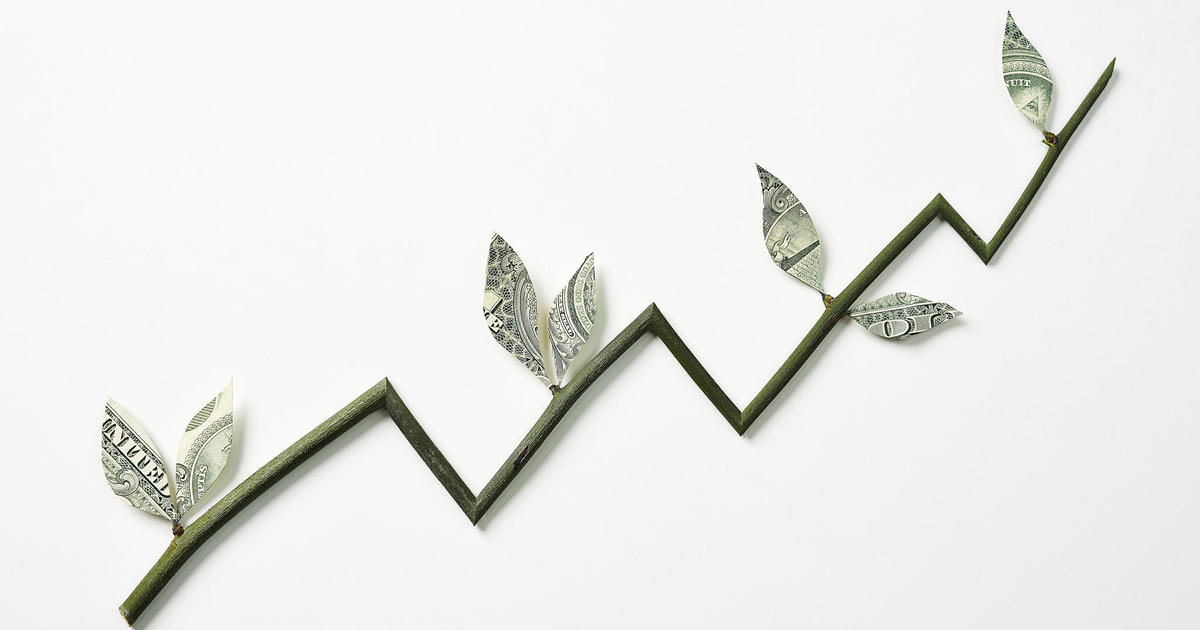Capital One cuts credit limits as millions struggle with income cliff
Capital One is cutting the credit limits on some credit cards, with some consumers reporting on social media that their credit limits have been cut in half by the card issuer. The company said it's making the decision based on the customer's account activity in the last year.
Capital One, the third-largest card issuer, is trimming consumers' credit lines just weeks after the extra $600 in weekly unemployment benefits expired, a benefit that more than 27 million out-of-work adults had relied upon. That income cliff "will depress consumer confidence and spending and weigh on the broader economic recovery," even as consumer spending remains 5% below pre-pandemic levels, according to Oxford Economics.
The result: Credit-card issuers are tightening the reins because they're fearful that more households could face financial difficulties in the coming months, experts say.
"Basically, if you haven't been using a card to this point, banks sure don't want you to start using it now because it might be a sign of financial trouble," said Matt Schulz, chief industry analyst at CompareCards.com. "For card issuers, it's 1,000% about managing risk."
But the move isn't going over with Capital One customers, with many voicing complaints on social media about the decision. "Long time customer, both savings, checking, and credit card," one person wrote. "Many years using my card for international travel ... Decided to reduce my line of credit by more than 1/2. GUESS LOYALTY MEANS NOTHING!"
Almost one-third of U.S. credit card users had had their accounts closed or their credit limits reduced involuntarily since mid-May, CompareCards found in a July study. In a statement on Friday, a Capital One spokesperson said the company kept credit limits "significantly above" a customer's highest balance of the last year to make sure people could continue to use the card despite the cut to credit limits.
"Now that the economy has tanked, banks just see all that unused available credit out there as risk, so they're slashing it for millions of people," CompareCards' Schulz added.
On top of the heightened risk as millions of Americans face income and job losses, there's also the fact that banks don't make money if customers aren't using their cards, he added.
Lower credit score?
A reduced credit card limit can have a very real effect on consumers by affecting their credit score. That's because credit scores are partially based on the amount of credit that a consumer is using, with a lower "utilization rate" resulting in a higher score. For instance, a consumer with $10,000 credit limit and a $3,000 balance on their card has a 30% utilization rate. But if their credit limit is halved to $5,000, their utilization rate jumps to 60%, which could reduce their credit score.
Consumers can take a few steps if their credit limits are reduced, Schulz says. First, call your card issuer and ask them to reinstate the higher limit.
"Your chances of success aren't great, but it can't hurt to ask," he said. "You could also call the issuer of one of your other cards and ask for a credit limit increase to make up for what you lost on the affected one."
Consumers should also start using their dormant cards, with Schulz recommending placing a small recurring monthly charge on them, such as a Netflix subscription. He says, "That keeps the card active without breaking the bank. "



